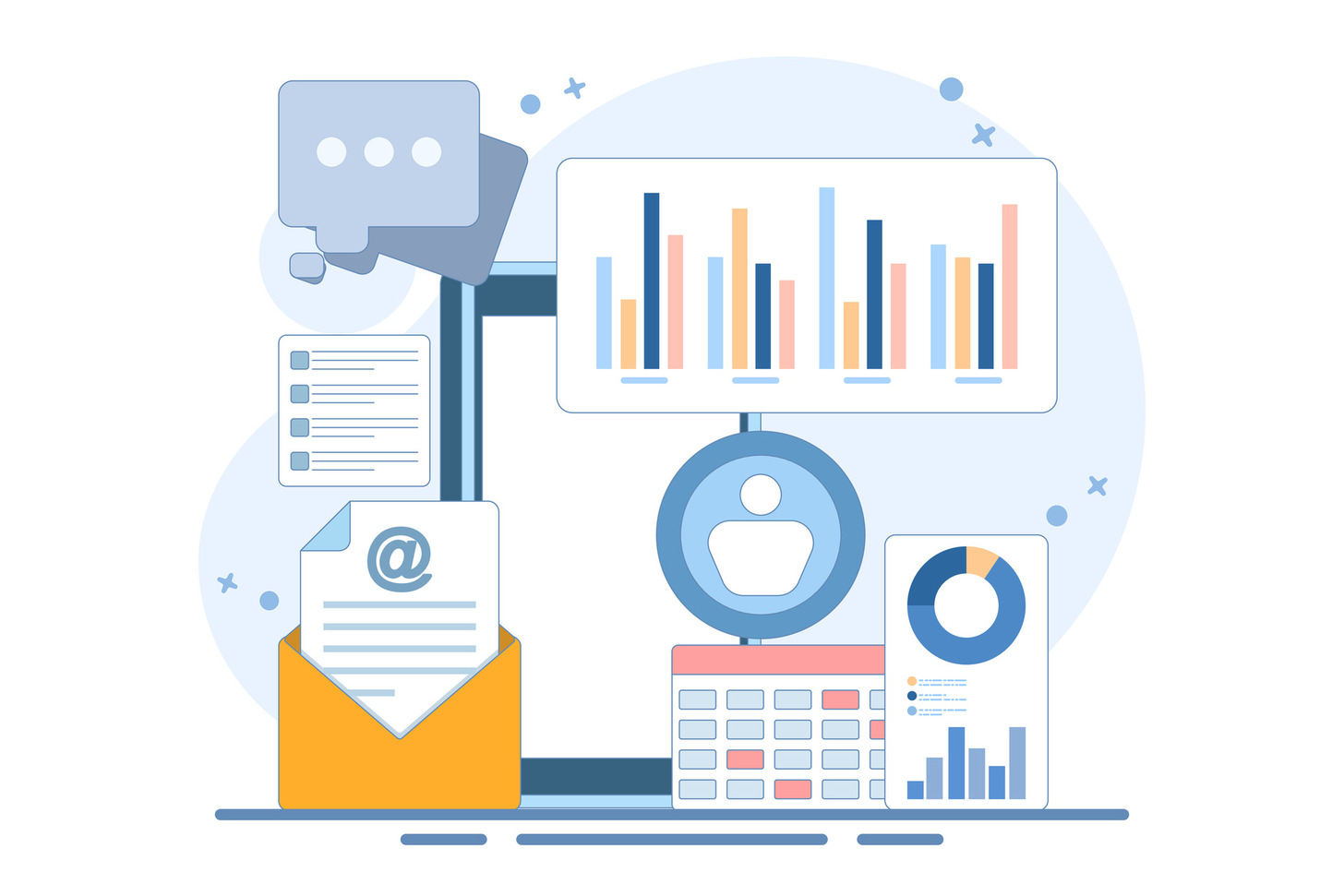Scaling Your Business? Here’s Why CRM Should Be Your First Investment
Introduction: The Key to Your Business Growth Starts with CRM
Every business dreams of growth, but scaling successfully requires more than just hard work—it demands the right tools. Many small businesses and freelancers struggle with managing leads, tracking customer interactions, and streamlining their workflows. The solution? A Customer Relationship Management (CRM) system.
CRM is no longer just a tool for large corporations. Whether you are a freelancer juggling multiple clients or a small business owner looking to scale, the best CRM for small business will help you organize customer data, automate processes, and enhance communication—all while saving you time and effort.
In this guide, we’ll explore why CRM should be your first investment when scaling your business and how it can transform your operations from chaotic to streamlined.

What is CRM and Why Does Your Business Need It?
CRM (Customer Relationship Management) is a business management software that helps companies and independent professionals track interactions, automate workflows, and manage customer relationships efficiently. Instead of relying on spreadsheets and scattered notes, a CRM system centralizes all your business activities in one place.
How CRM Benefits Growing Businesses:
✔ Organized Customer Data: No more lost emails or scattered notes—everything is stored in one place.
✔ Automated Follow-Ups: Set reminders and send automatic follow-up emails to leads and clients.
✔ Improved Sales Tracking: Monitor leads, track sales progress, and forecast revenue with ease.
✔ Enhanced Team Collaboration: Share customer data seamlessly with team members.
✔ Better Client Relationships: Stay connected and provide personalized communication effortlessly.
If you’re aiming to scale effectively, a CRM for freelancers or small businesses is a must-have investment.
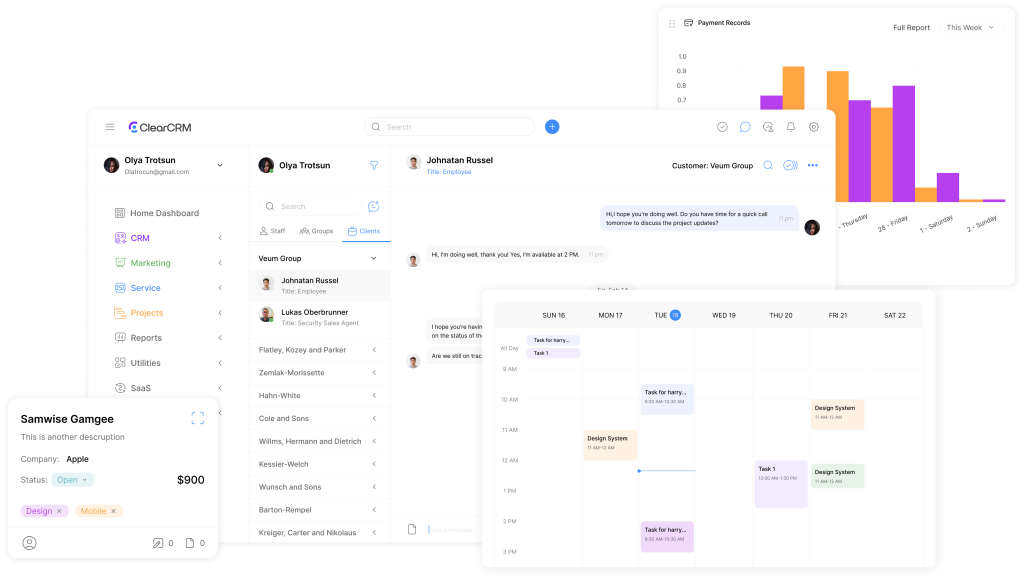
Best CRM for Small Business: What Features to Look For?
Not all CRMs are created equal. When choosing the best CRM for small business, you need a system that is affordable, user-friendly, and scalable.
Must-Have Features in a CRM:
- Contact & Lead Management – Store and manage client details effortlessly.
- Task & Project Tracking – Keep track of deadlines, meetings, and assignments.
- Automation & Workflow Management – Save time by automating repetitive tasks.
- Customizable Reports & Analytics – Gain insights into your business performance.
- Mobile Accessibility – Manage your CRM on the go, anytime, anywhere.
- Seamless Integrations – Connect with tools like Google Workspace, QuickBooks, and email marketing platforms.
A well-chosen business management software should support your growth and adapt to your changing needs.
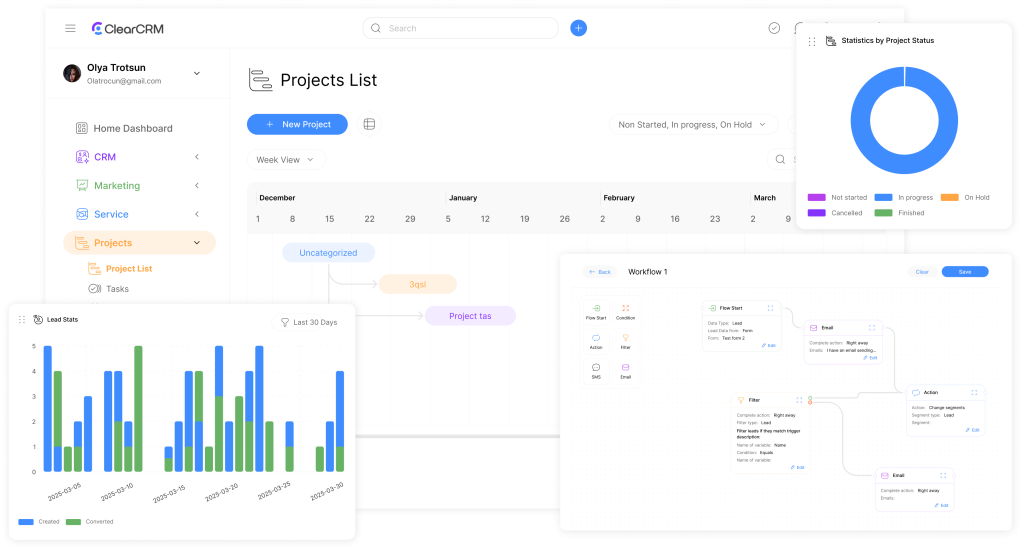
Why CRM is a Game-Changer for Freelancers
If you’re a freelancer, you probably wear multiple hats—you’re the salesperson, marketer, accountant, and project manager. Keeping track of clients, payments, and follow-ups can quickly become overwhelming. This is where a CRM for freelancers becomes invaluable.
How CRM Helps Freelancers:
✔ Client Organization: Maintain a structured client database with project history.
✔ Automated Invoicing & Payments: Send invoices and track payments without hassle.
✔ Project Tracking: Keep deadlines in check and avoid missing important tasks.
✔ Time Management: Schedule meetings, calls, and follow-ups effortlessly.
✔ Better Client Retention: Stay in touch with past clients for repeat business and referrals.
A cloud-based CRM allows freelancers to work from anywhere, ensuring maximum flexibility and productivity.
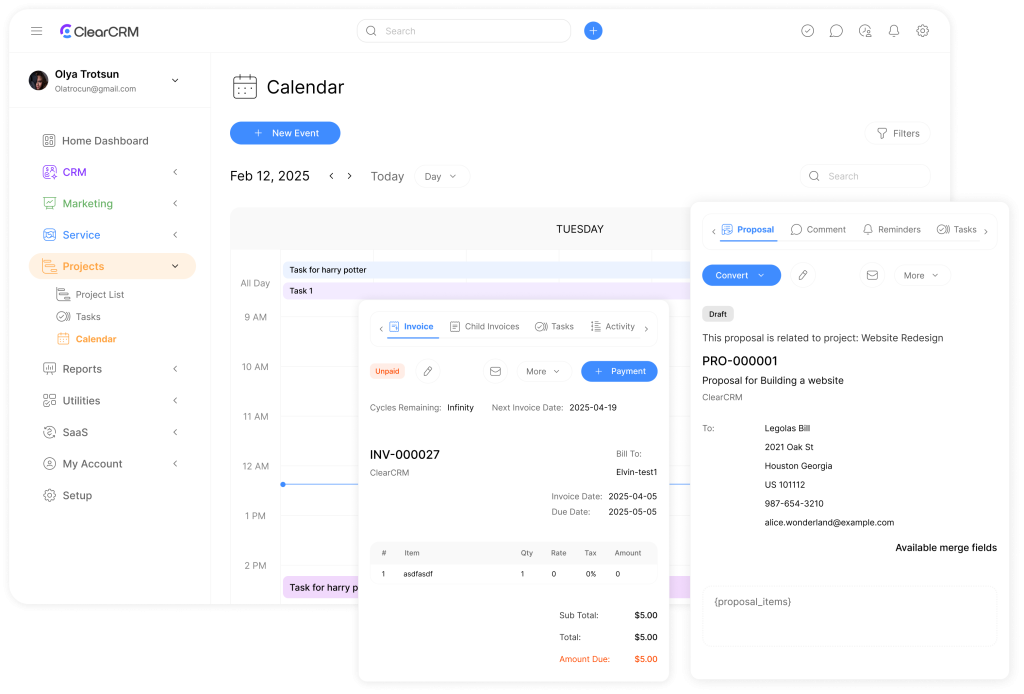
Scaling Your Business? CRM is the Key to Success
As your business grows, so does your workload. Without a system in place, scaling can lead to disorganization, missed opportunities, and frustrated customers. A CRM system ensures that your business remains structured, efficient, and customer-focused—no matter how fast you grow.
How CRM Supports Business Growth:
✔ Manages High Lead Volume: A CRM allows you to capture and track leads efficiently.
✔ Enhances Team Collaboration: If you hire more employees, they can easily access shared customer data.
✔ Reduces Manual Workload: Automate repetitive tasks and free up time for strategic activities.
✔ Improves Decision-Making: Use analytics to identify trends and optimize sales strategies.
✔ Boosts Customer Satisfaction: Timely follow-ups and personalized engagement improve client relationships.
A CRM for freelancers and small businesses helps you scale smarter, not harder.
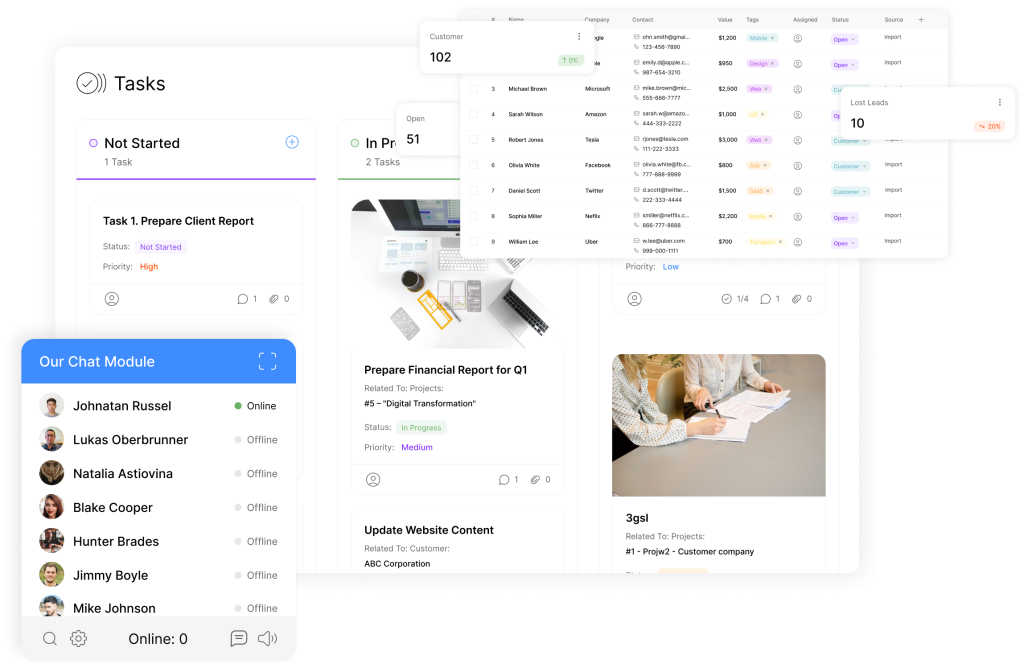
Common Myths About CRM (Debunked!)
✗ “CRM is only for big businesses.”
✔ Reality: Even solopreneurs and small startups benefit from CRM systems.
✗ “CRM is too expensive.”
✔ Reality: Many CRMs offer affordable or even free versions tailored for small businesses and freelancers. For example, ClearCRM provides budget-friendly plans that give you powerful features without breaking the bank—perfect for startups and solo entrepreneurs.
✗ “CRM is hard to use.”
✔ Reality: Modern CRMs have intuitive interfaces and require minimal training.
✗ “CRM only helps with sales.”
✔ Reality: A business management software like CRM supports marketing, customer service, and daily operations.
How to Choose the Right CRM for Your Business
When selecting a CRM for small business or freelancers, consider:
- Ease of Use: Can you navigate the system without technical expertise?
- Quick Setup: Can you get started quickly without a long onboarding process?
→ With ClearCRM, you can set up your workspace, import contacts, and begin managing leads in under a minute.
- Scalability: Will it grow with your business as you scale?
- Customization Options: Can you tailor it to your workflow?
- Integrations: Does it connect with your existing tools?
- Pricing: Is it affordable with flexible plans?
Popular options include:
✔ HubSpot CRM – Great for startups & small teams
✔ Zoho CRM – Ideal for freelancers & solopreneurs
✔ ClearCRM – All-in-one solution for growing businesses
✔ Pipedrive – Perfect for sales-driven companies
Choose a CRM that aligns with your business goals and makes scaling effortless.
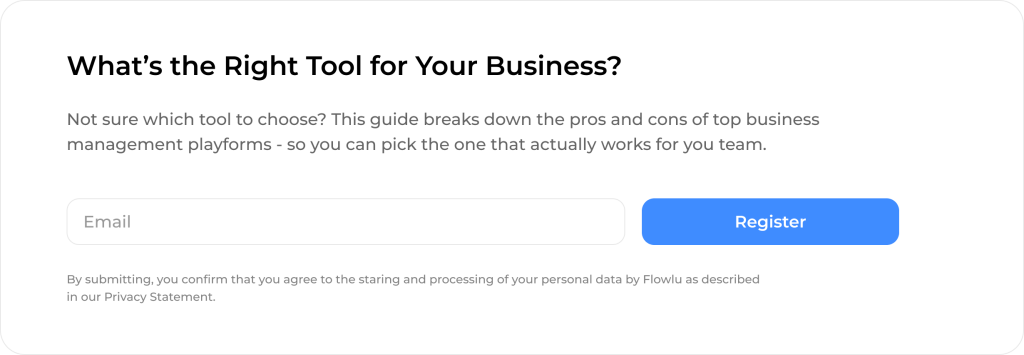
FAQs About CRM for Small Businesses & Freelancers
1. Do freelancers really need CRM?
Absolutely! A CRM for freelancers helps you stay organized, track clients, and automate tasks.
2. What is the best CRM for small business?
The best CRM for small business depends on your needs. Look for ease of use, automation features, and affordability.
3. Can CRM help with customer retention?
Yes! CRM keeps track of customer interactions and follow-ups, ensuring consistent engagement.
4. Is CRM expensive for small businesses?
Not at all! There are free CRM options available, and paid versions often provide great value for their features.
5. What industries benefit from CRM?
Any industry that manages customers—marketing, retail, finance, consulting, IT, real estate, and more.
6. How do I get started with a CRM?
It’s incredibly quick! Most CRM platforms let you sign up and start using key features in under a minute. No need for complicated setup or weeks of training—just create an account, import your contacts, and you’re ready to go.
Conclusion: Invest in CRM & Scale with Confidence
Scaling your business isn’t just about getting more clients—it’s about managing them effectively. A CRM for freelancers and small businesses is the ultimate business management software that organizes data, automates processes, and strengthens customer relationships.
Whether you’re a freelancer handling multiple projects or a small business aiming for expansion, investing in a CRM system is the smartest move you can make.
Ready to take your business to the next level? Start with the right CRM today!


